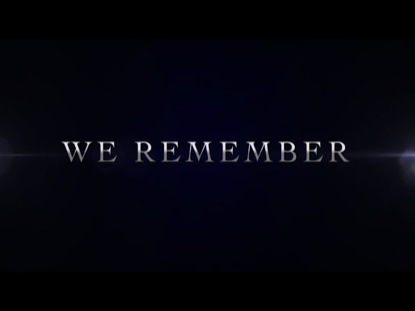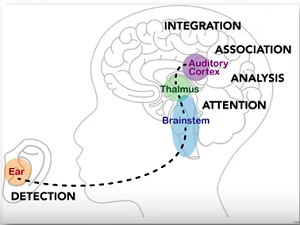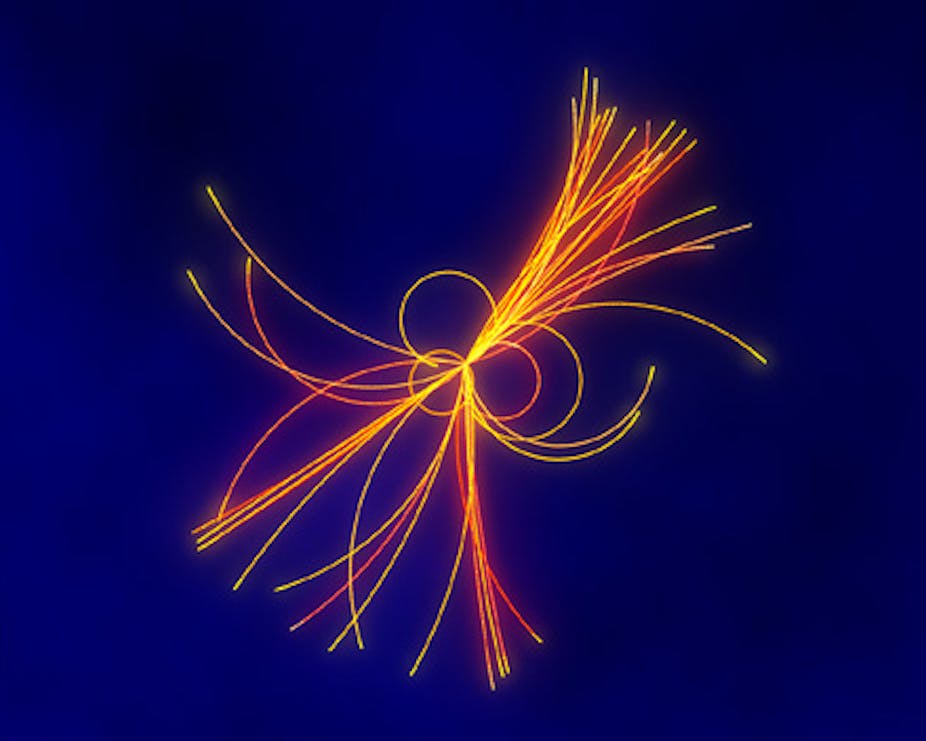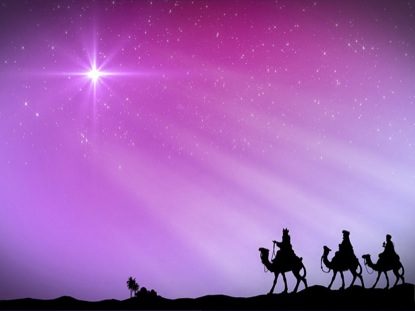The 2004 film Eternal Sunshine of the Spotless Mind is woefully underrated and almost forgotten sixteen years after its release, which is a pointed irony if you know anything about the movie. Eternal Sunshine of the Spotless Mind stars Oscar winner Kate Winslet as Clementine and Jim Carrey, who is surprisingly good in serious roles, as Joel. As the film begins, Joel wakes up foggy-headed and skips work, and, seemingly on a whim, takes a train to Montauk, the last stop on the very tip of Long Island. In a manner the film conveys almost palpably, Joel knows dimly that something is amiss. He has forgotten something. The forgotten something is important and momentous, and it lures him forward to Montauk’s obscure and remote geography, but he cannot recall what it is. Joel is off-balance and adrift, with neither keel nor mooring.

Deuteronomy, the fifth and final book of the Torah, serves as the Torah’s retelling and renewal. Deuteronomy is an extended speech as from the mouth of Moses, recounting to the Israelites their relationship with God and explaining what it means to live completely dedicated to that relationship. Right in the middle of Deuteronomy, Moses describes the four offices necessary to shepherd the Israelites. The first of these is the judge, whose job is to administer the law and mete out justice fairly. The second is the king, who both keeps order and is a symbol of the ideals of the people. The third is the priest, who leads worship, makes sacrifices, and serves as pastor to the people in need. These three roles are, perhaps, self-evident. For any people, they are each indispensable. Without the judge, the world would be arbitrary. Without the king, the world would be chaotic. Without the priest, the world would lack succor.
The fourth office is that of the prophet, deemed by God to be as important as judge, king, and priest. It is about the role of prophet that we read in Deuteronomy today. The prophet’s essential role in the life of a people may be less obvious than the other three offices. Indeed, in ancient Israel, though there were court prophets like Nathan who sat at King David’s side, the prophets were usually outsiders—think Hosea, Amos, Jeremiah—who the king and people would preferred to have been rid of. The prophets were nuisances and gadflies who repeatedly questioned the kings’ decisions and the people’s way of life.
What is a prophet? Unfortunately, today we too often associate the term with fortunetelling or future-predicting. The whacky and malleable predictions of Nostradamus are called prophecies. Certain sects within Christianity seek to read the bible as code book of opaque future-oriented “prophecies” waiting to be deciphered. But neither of these notions gets anywhere close to what the bible means by prophet or prophecy. Please give them up. (I have a short list of gross misconceptions I hope to help people shed over the course of my ordained career, and this is near the top.)

So, what are prophets, really? They are those who tell the truth. That is the beginning and end of prophecy. In scripture, at times it seems that prophets are harbinger of doom. But why is that? It is because the prophet has the courage, and the commission from God, to tell the people the truth about their actions, their commitments, their plans, and the consequences of all three. When those plans are hell-bound toward destruction, then the prophet’s truth-telling comes across as bad news. But it isn’t the prophet’s intention to convey doom and gloom. Some of the most soaring and hopeful passages in scripture also come from the prophets. Think of Isaiah’s vision of the wolf and the lamb, or of the heavenly banquet. Or, consider Martin Luther King, Jr.—a true modern prophet—and his vision of the beloved community.
Prophets tell the truth. God’s truth. And what is that? The truth is that the world we live in most of the time, in which we make our decisions, and choose our paths, and react and respond to others, is an illusion. It is not what God intends—it flows not from the heart of God—and thus it is not real. We recognize that dimly. The illusion and artificiality of the world through which we walk is why we, like the main characters in the film Eternal Sunshine of the Spotless Mind, carry with us a dull but ambient anxiety. It is why we are so often, but without any clear object, confused. It is why we take note that things seem to be broken, but we cannot pinpoint why, or exactly how, or how to repair them.
__________________
In the film Eternal Sunshine of the Spotless Mind, it turns out that both Joel and Clementine have earlier paid a company called Lacuna to erase their memories. Joel and Clementine had originally met in Montauk and fallen in love, but love is hard. It is work, and self-giving, and acknowledgement of wrong, and sacrifice. Clementine’s and Joel’s relationship became so strained that they each chose to cancel love, to banish its presence and even memory from their lives, to live as amnesiacs. They scrubbed their minds clean, believing that a spotless mind would be eternal sunshine.
What the main characters quickly learn, however, is that such willful amnesia results not in light but in confusion, anxiety, and a discomfiture that is gnawing and ever-present. Letting go of love seems at first to be the simpler and easier route, but that proves to be desperately wrong. Such willful ignorance casts a shadow that is a pall over everything. Without love, the world is false and confused. Without love, sunshine is merely an illusion.
I doubt that it is a coincidence that the filmmaker named his main character Joel. Joel is, after all, another of the bible’s prophets, another of its truth-tellers. In Eternal Sunshine of the Spotless Mind, despite the supposed erasure of his memory, Joel can’t shake the feeling that the world through which he now walks is broken. Something has been forgotten, and it must be remembered. In Joel’s confusion, he lumbers and careens through shadows where he thought there’d be sunshine. He won’t the abide the falsity, the amnesia, the brokenness, the sorrow, and even in his confusion he doggedly seeks the truth. Until, miracle of miracles, he rediscovers and speaks it. Joel and Clementine find one another again in Montauk. They commit to live in light of the truth and do the hard work of love.

There is a moment in the Eucharistic liturgy called the anamnesis. “An-amnesis.” It means the contrary of amnesia. It means to remember. The words are different in each Eucharistic Prayer, but the anamnesis always comes after the priest has rehearsed the story of Jesus and his friends in the Upper Room. Suddenly, as if waking from a dream or shedding an illusion, the whole gathered people say, “We remember his death! We proclaim his resurrection! We await his coming in glory!”
We remember. That is the first step in prophecy. To be prophets all, we must awaken from our confusion and our willful forgetfulness of God’s intention for the world. We must recognize that we, consciously or subconsciously, have sometimes decided to abandon love, for ourselves, for our intimates, of those who are different from us in the world. We have come up with all sorts of rationales for why life will be easier, simpler, spotless, and sunshine without love. We have convinced ourselves and lapsed into amnesia for who God truly is and what God intends for the world. We must remember. We must remember that God is love and calls us to love. The very word “re-member” means to knit back together that which has been frayed and separated. Remembering is the first step.
And then, as the prophet does, we must speak the truth. We must tell it both to ourselves and to the world, recognizing that, depending upon the depth of our forgetfulness, the truth may seem like bad news before it is revealed to be Good News. Awakening and remembering will require that we become different. Love is hard, not easy. Love is work, and self-giving, and acknowledgement of wrong and passive complicity in wrong, and sacrifice. But love is also light. It is the ever and only truth. And speaking that truth is the way we awaken others to it, the way the world begins to shed its amnesia and knit its frayed edges back together.
The author and poet L.R. Knost understands that light is to be found in the recollection of love rather than in forgetting. She articulates our calling to the office of prophet in these days:
“Do not be dismayed by the brokenness of the world.
All things break. And all things can be mended.
Not with time, as they say, but with intention.
So go.
Love intentionally, extravagantly, unconditionally.
The broken world waits in darkness for the light that is you.”




